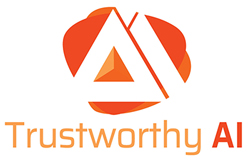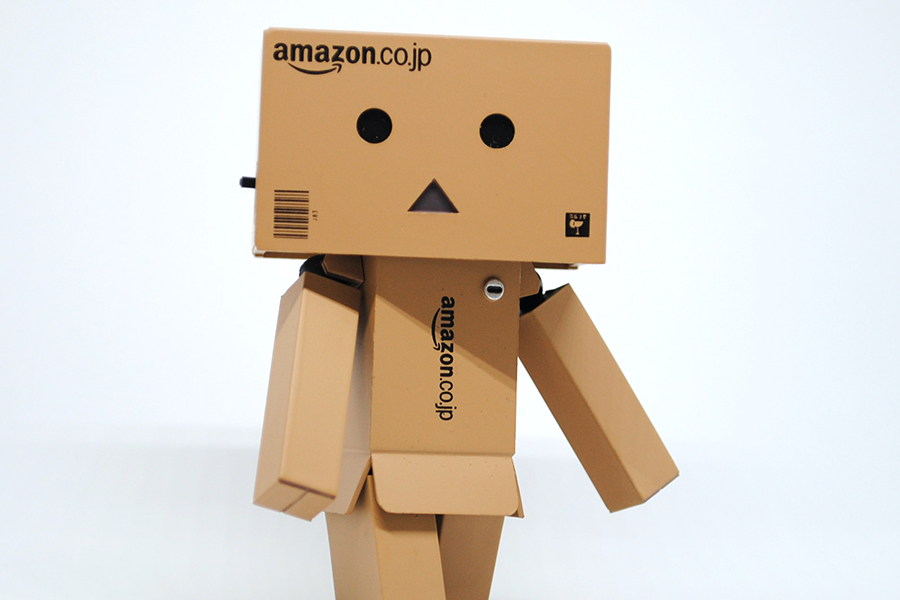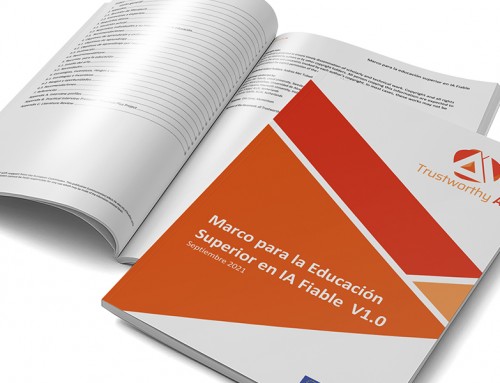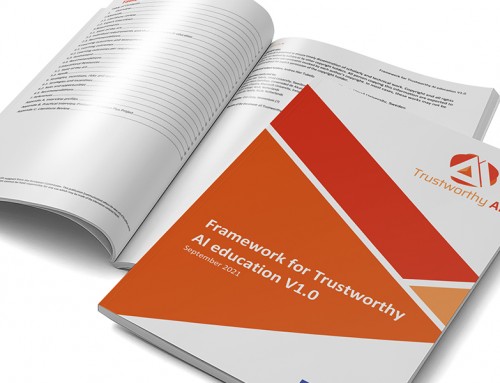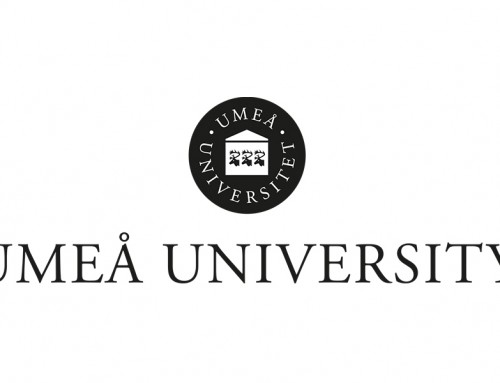The future of AI depends on 9 companies.
If artificial intelligence will destroy humanity, it probably won’t be through killer robots and the incarnation—it will be through a thousand paper cuts. In the shadow of the immense benefits of advances in technology, the dark effects of AI algorithms are slowly creeping into different aspects of our lives, causing divide, unintentionally marginalizing groups of people, stealing our attention, and widening the gap between the wealthy and the poor.
While we’re already seeing and discussing many of the negative aspects of AI, not enough is being done to address them. And the reason is that we’re looking in the wrong place, as futurist and Amy Webb discusses in her book The Big Nine: How the Tech Titans and Their Thinking Machines Could Warp Humanity.
Many are quick to blame large tech companies for the problems caused by artificial intelligence. They’re not wrong. A few very wealthy organizations wield enormous power on how AI systems are being developed and deployed across thousands of applications and delivered to billions of devices and users. And by extension, they are responsible for many of the problems we are facing, from algorithmic bias and social media filter bubbles to privacy issues and lack of diversity.
These companies, however, are not inherently evil and not alone to blame for the broken state of AI, Webb argues in The Big Nine. The problems run much deeper in the underlying systems that push these companies to work as they do. And if we don’t fix the problems at the root, the consequences can be disastrous.
In The Big Nine, Webb provides a comprehensive layout of the current problems of the AI industry, an outlook of what can happen in the future, and a roadmap for setting the industry on the right path.
The Big Nine is a reference to nine big tech companies who have the lion’s share of what is happening in artificial intelligence. Six of them are in the United States: Google, Facebook, Microsoft, Apple, Amazon, and IBM. Webb collectively calls them the G-MAFIA and describes them as “a closed supernetwork of people with similar interests and backgrounds working within one field who have a controlling influence over our futures.”
The three remaining companies are Chinese tech giants Baidu, Alibaba, and Tencent, who are already well-known as BAT.
“I firmly believe that the leaders of these nine companies are driven by a profound sense of altruism and a desire to serve the greater good: they clearly see the potential of AI to improve health care and longevity, to solve our impending climate issues, and to lift millions of people out of poverty,” Webb writes.
But the problem is that the Big Nine are being pushed by external forces—often inconspicuously—that are pressuring them to work in ways that are against their best intentions.
Read more …. https://bdtechtalks.com/2020/10/05/review-the-big-nine-future-of-ai/
